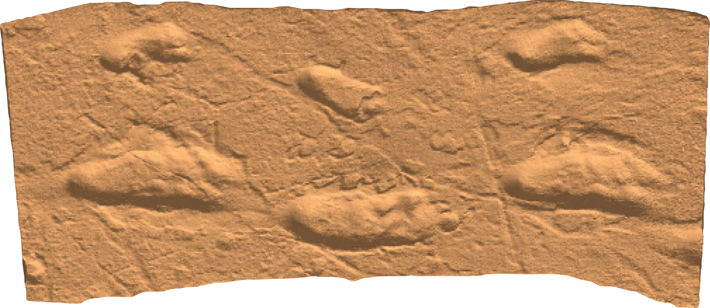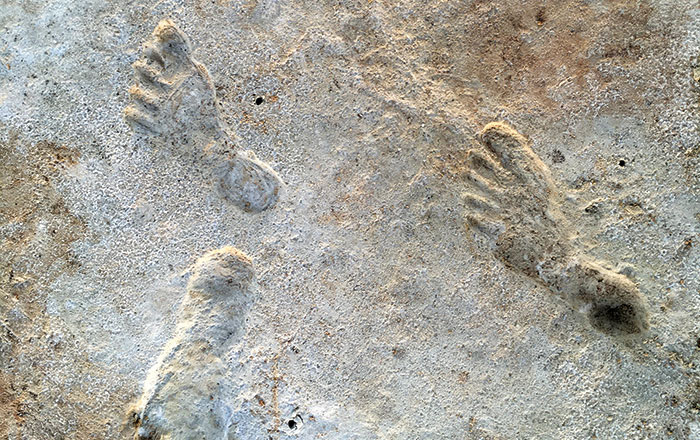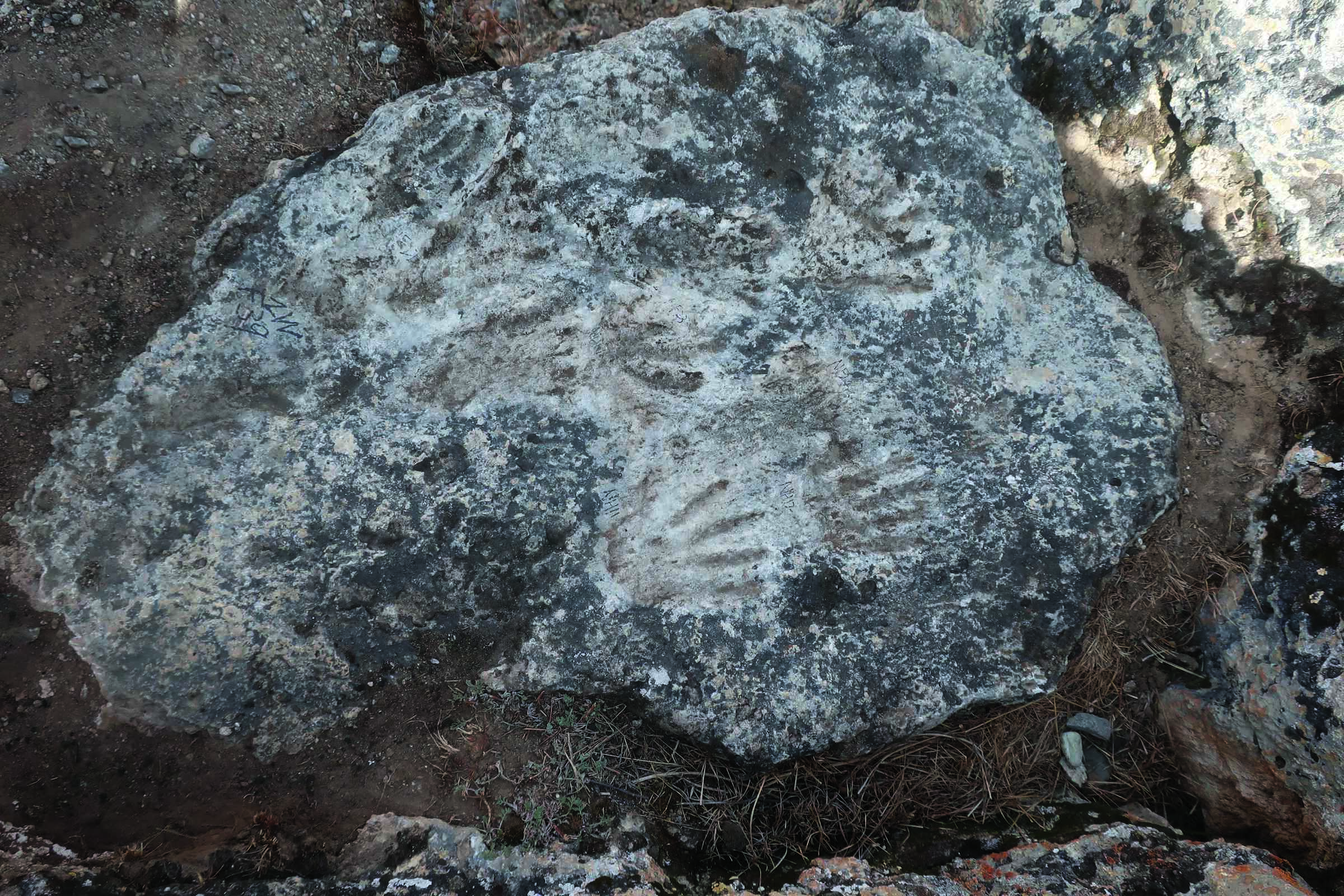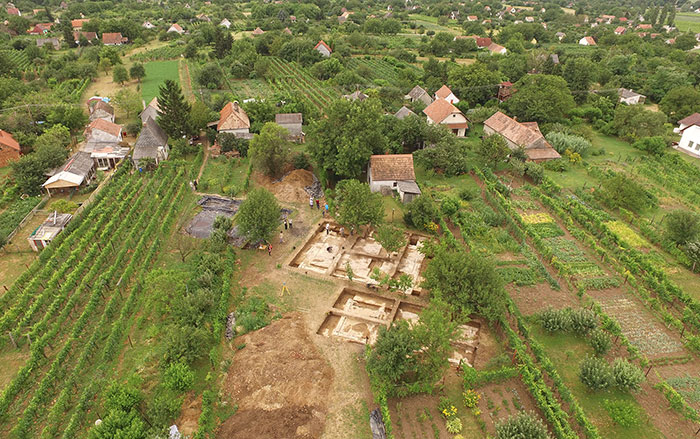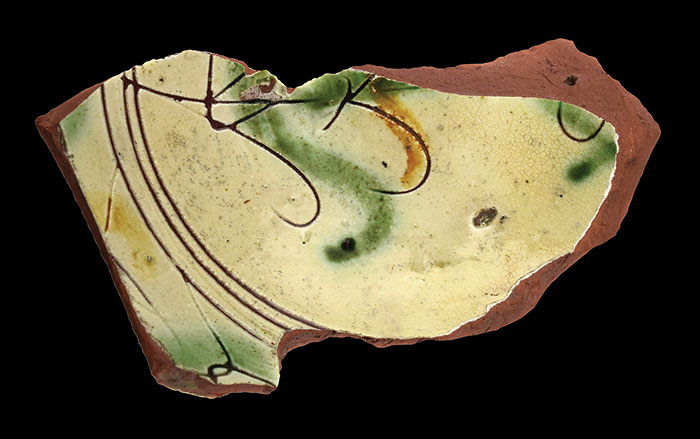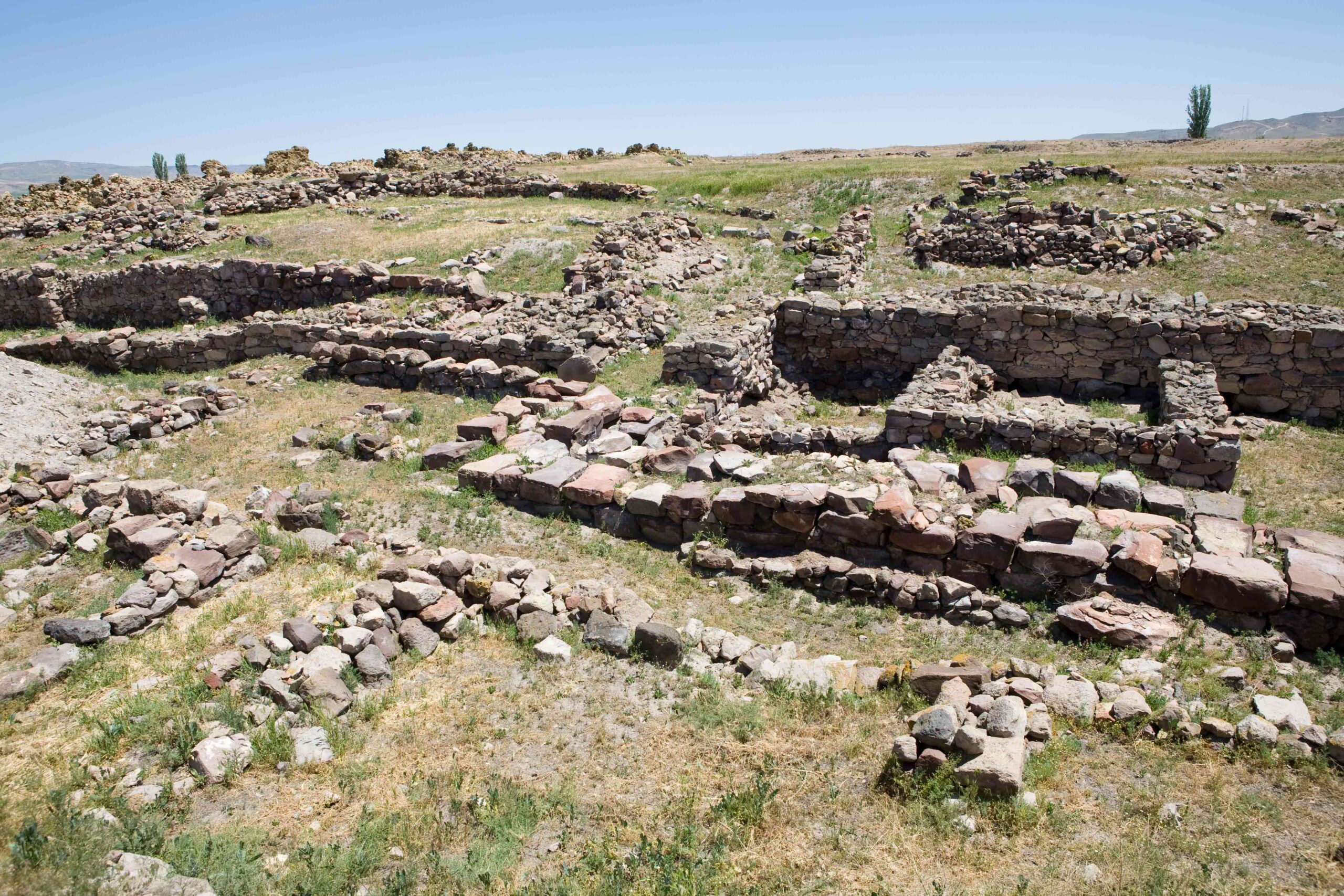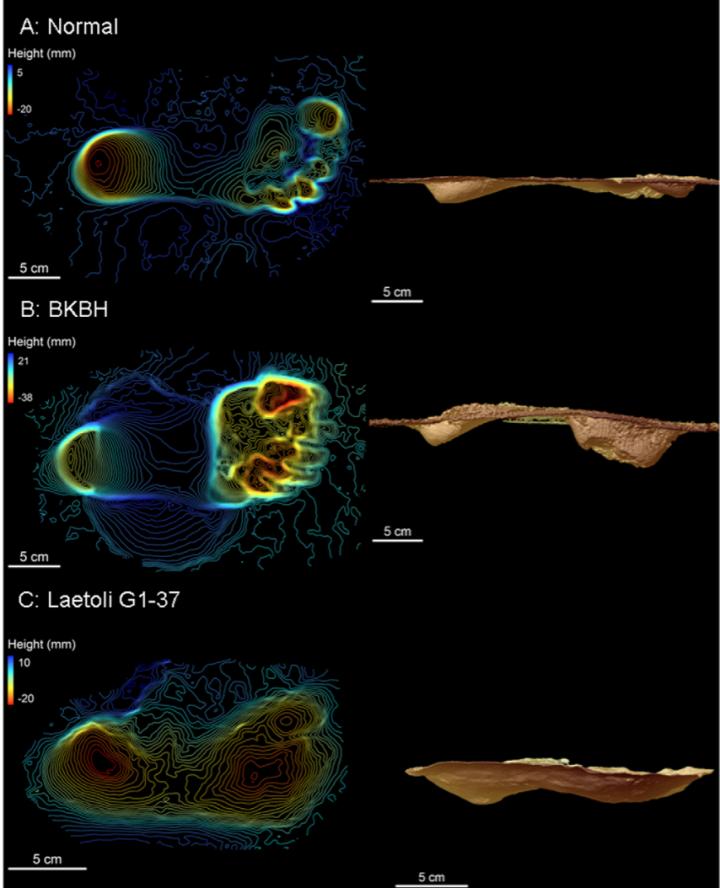
TUCSON, ARIZONA—The Washington Post reports that evolutionary anthropologist David Raichlen of the University of Arizona led a team of researchers who compared footprints made by volunteers and those left some 3.6 million years ago in Laetoli, Tanzania, by members of the genus Australopithecus. Some of the volunteers walked normally, and some walked with bent knees and bent hips, otherwise known as BKBH. Raichlen suggests the Australopithecus footprints resemble those made by modern human upright walkers. “Upright, humanlike bipedal walking goes back four to five million years,” he said. To read about previous research on the Laetoli footprints, go to “Proof in the Prints.”


